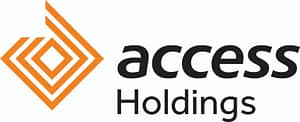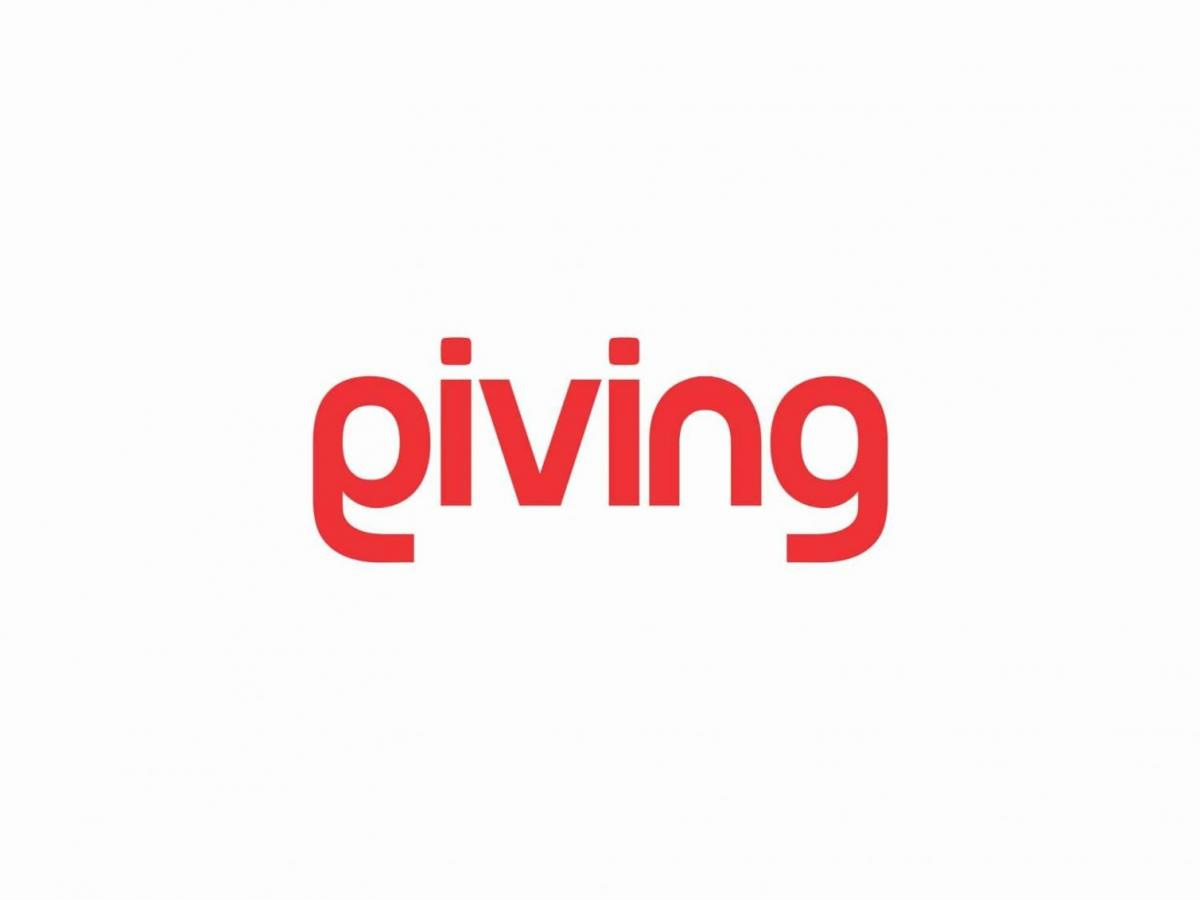FG Drags Roosevelt Ogbonna’s Access Bank To Court Over Alleged Fraudulent Diversion Of N825 Million State Funds

Access Bank Plc and one of its employees are facing legal action. A four-count charge has been filed against them at the Federal High Court. The charges relate to the alleged diversion of N825.9 million in state funds into what is described as a “fraudulent account.”
The charges were brought by the federal government. They are the result of an investigation conducted by the Independent Corrupt Practices and Other Related Offences Commission (ICPC). This information is based on “court documents seen by this newspaper.”
The charges, filed at the Sokoto Judicial Division, name Abdulmalik Abubakar, a relationship manager at Access Bank’s Sokoto branch, and the bank itself as defendants. They are accused of conspiracy, money laundering, and “concealment of stolen funds.”
The state counsel in the first count alleges that the defendants created a fake “Internal Revenue Service Account” with the account number 1873016763. It is claimed that they received N825.9 million through this account between May 2024 and January 2025. This is alleged to be in violation of Nigeria’s Money Laundering Act of 2022 and the Corrupt Practices Act of 2000.
The second count accuses them of allegedly concealing the same funds. This concealment is said to have occurred through the same “fraudulent account,” which was reportedly created at Access Bank’s Sokoto branch.
According to the court, the bank and Mr. Abubakar allegedly committed an offense that is contrary to section 18 (2)(a) and punishable under sections 18(3), 18 (4), 22(1), and 22(2) of the Money Laundering (Prevention and Prohibition) Act, 2022. This specifies the legal statutes that were purportedly violated.
In Count Three, prosecutors assert that the money was fraudulently received through the fake account. This action, they say, constitutes “an offence contrary to section 13 and punishable under section 68 of the Corrupt Practices and Other Related Offences Act, 2000.” This outlines another specific legal violation.
Count Four alleges that Mr. Abubakar and the bank directly concealed the laundered funds. This is claimed to be “an offence contrary to and punishable under section 24 of the Corrupt Practices and Other Related Offences Act, 2000.” This presents the final count in the charges against the defendants.
The state contends that the money was diverted without authorization and concealed in violation of anti-corruption and money laundering laws. This summarizes the federal government’s case against Access Bank and its employee.
According to a “hearing notice signed on 2 May,” the case has been moved from the General Cause List to a hearing scheduled for 19 May. The hearing will proceed on that date if the court’s schedule permits; otherwise, it will be postponed without further notification. The hearing is estimated to last up to two days.
The notice specifies that any party wishing to postpone the hearing must apply to the court promptly and provide proof if the reason involves factual matters. This sets out the procedure for seeking a postponement.
The notice also states that both parties must present all evidence at the hearing, including witnesses and documents. Evidence must be submitted during the hearing, and failure to do so may result in exclusion or the imposition of costs. This emphasizes the importance of presenting all relevant information at the scheduled time.
It further indicates that parties wanting witnesses to attend should immediately request the court to issue summons, allowing sufficient time for notification. If witnesses are required to bring documents, these must be clearly specified. This outlines the process for ensuring witness attendance and document production.
The notice clarifies that the party requesting witnesses must pay reasonable fees to cover their expenses and loss of time, as determined by the court.
Attendance may be denied if these fees are not deposited. This addresses the financial responsibilities associated with witness testimony.
The notice also states that if either party intends to use documents held by the other, they must provide written notification ahead of the hearing. Failure to do so will prevent them from presenting secondary evidence related to those documents. This establishes rules regarding the presentation of documentary evidence.
The notice was officially issued by order of the court. This confirms the legal authority behind the instructions provided in the hearing notice.
When contacted for a response, the Access Bank spokesperson, Kunle Aderinokun, stated that the bank would issue an official statement regarding the matter. This indicates that the bank is aware of the charges and intends to address them publicly.
The information in this report is attributed to “Source Premium Times,” indicating the original source of this news.








Leave a Reply